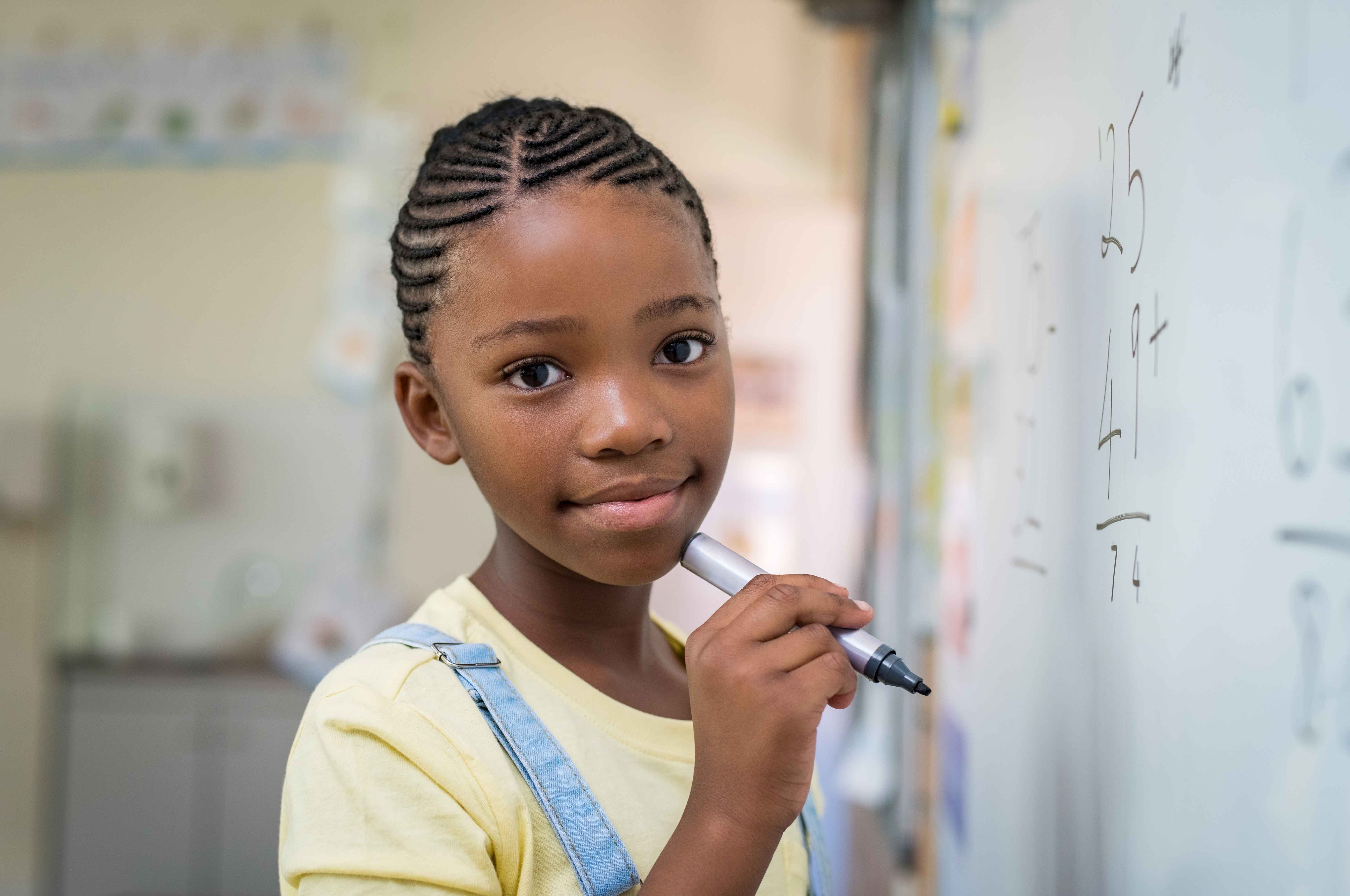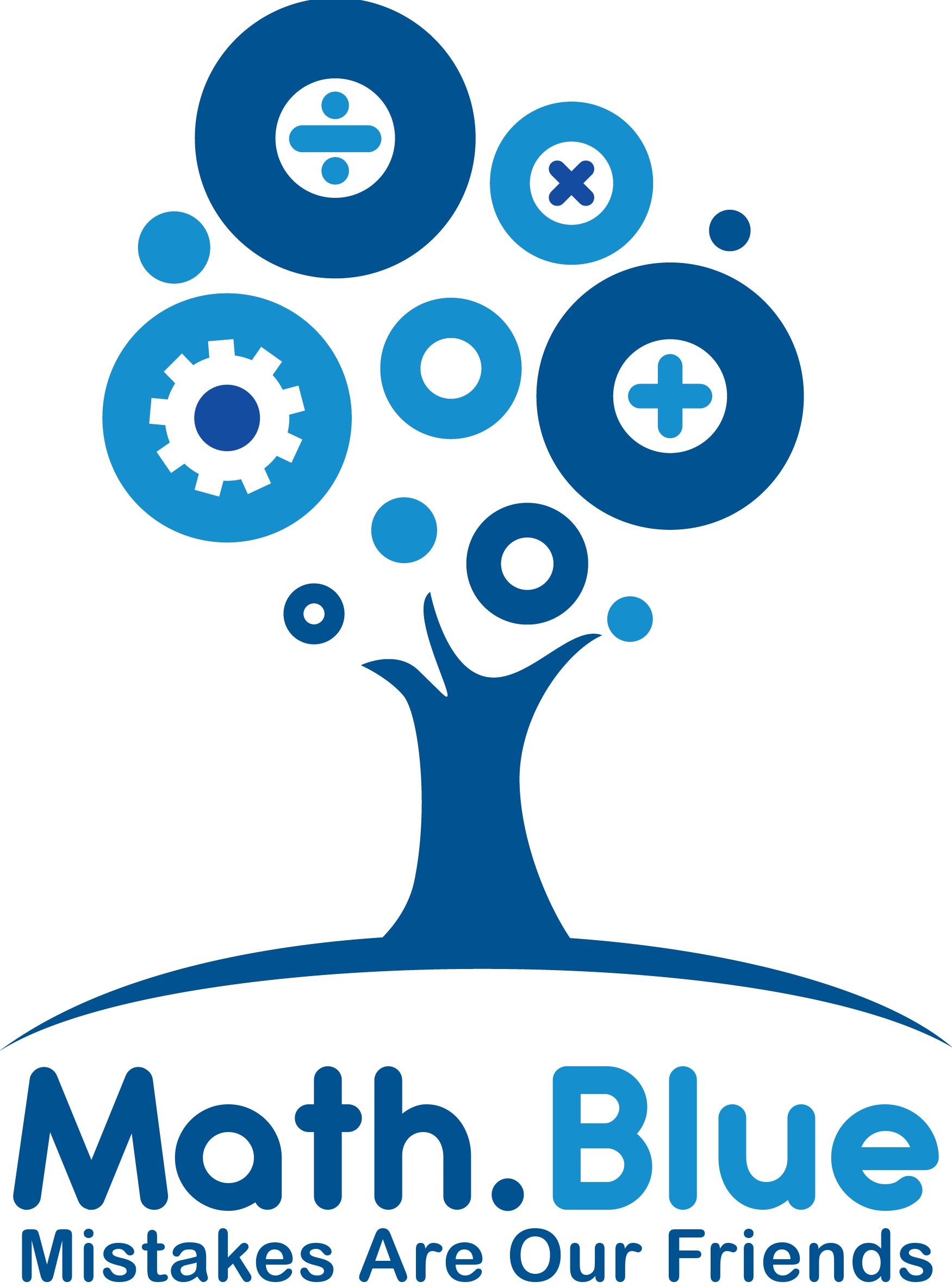
Attitudes (Mistakes are our friends II)

If we want to change how our students feel about mistakes, our classroom has to be a safe place to make them.
Once upon a time my brand new husband and I were driving 600 miles to our tiny new apartment. It was the middle of the night and the middle of nowhere when we stopped for gas. The keys were in my hand as I gathered up all our bottles and wrappers to throw away and, – you guessed it – I dropped the keys in the giant gas station trash can! This could’ve been a moment of frustration that hovered like a storm cloud over the rest of our drive, but for some reason, it struck me as funny. I just started cracking up! We still had to fish the keys out of the trash can, but that laughter saved our trip.
Our attitude and the attitudes around us really influence our experience. Students come with a variety of attitudes:
“I like math; it’s like a puzzle.”
“I’m good at math.”
“I hate math and I can’t do it.”
This one certainly has an underlying cause, maybe
“I understand math differently than you.”
“I need more time.”
“I’ve just had bad math experiences.”
Everyone benefits from a class where mistakes are our friends.
- The students who’ve had bad math experiences start having good ones.
- The students who understand it differently feel safe to share their thinking. This is crucial because not everyone will see math the way I do, but another student will probably share their view. That’s validating! It also builds my arsenal of teaching tricks on that topic; win-win!
- The students who need more time are less discouraged. They persevere and keep practicing until it settles in.
- The students who are “good at math” will inevitably come up against a topic that is tough for them – we all do! – and these students haven’t had a lot of practice being wrong. It may shake the foundation of their math identity: “Maybe I’m not really good at math after all…” Learning to embrace their mistakes will get them through the crisis.
- Honestly, the puzzle kids are the ones who inherently see mistakes as okay. They’ll be right at home.
What about our attitude as the teacher? Well, mistakes-are-our-friends can be our attitude. We can demonstrate handling our own mistakes positively and our students won’t need to fear the common feedback from mistakes, like their teacher’s disappointment, frustration, or ridicule. – Just hope and celebration for the really good thinking that led to a really useful wrong answer.
My free Slope-Intercept Tarsia Puzzle is a fun way to get students working together while practicing good old y = mx + b. If you’re lucky, a few mistakes will come up, too.
